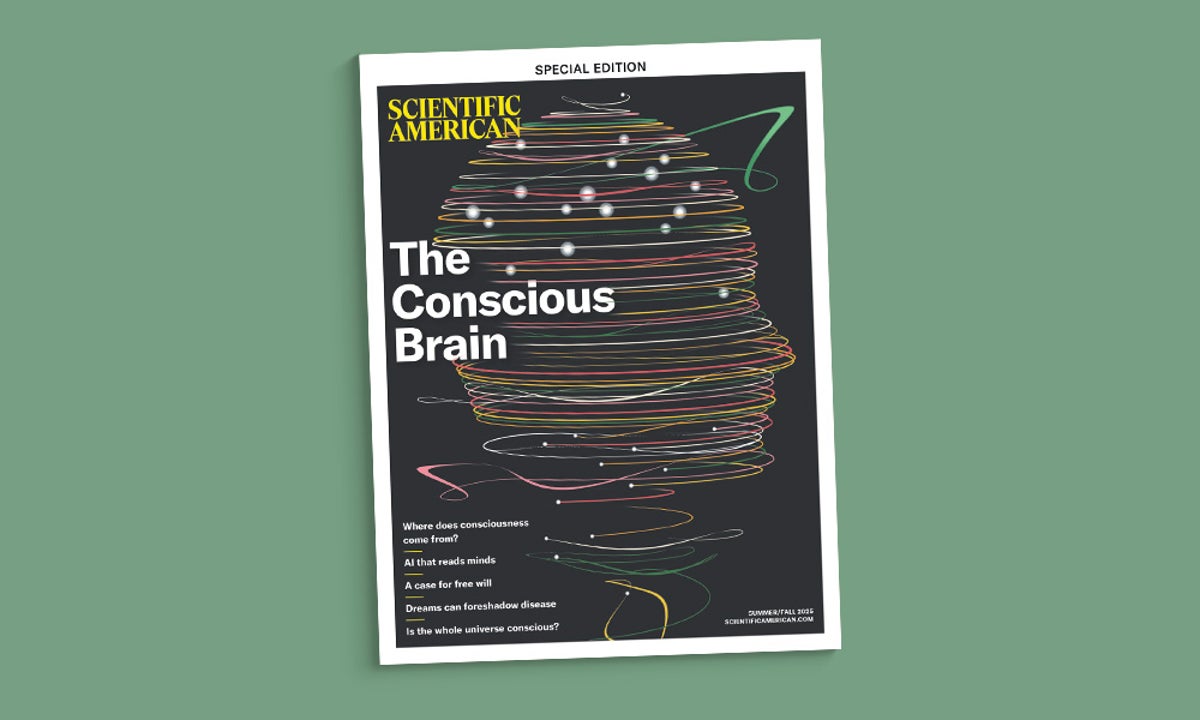
"More than half a billion people around the world have downloaded artificial-intelligence chatbot companion apps such as Xiaoice and Replika. These virtual confidantes can provide empathy, support and, sometimes, deep relationships. Chatbots, of course, aren't consciousthey just feel that way to users, who often become emotionally attached to them. As AI grows more fluent in mimicking human empathy, language and memory, we're left to confront an uneasy problem: If a machine can fake awareness so well, what exactly is the real thing?"
"It's a deceptively simple questionone that scientists, philosophers and even neuroscientists still struggle to answer: What is consciousness? Unlike other scientific phenomena, consciousness cannot be observed directly; one can observe behavior or brain activity but not the subjective experience itself. Whether human awareness is a stage where inputs compete for our attention or a unified system processing information all at once is still up for debate."
"In fact, our reality may stem from subjective internal experiences, such as colors or tastes, that arise because of consciousness. Behavior may also feed this experience, as suggested by a thought experiment about pain-pleasure invert philosophical zombies described here. As complicated as this mystery seems, human cognition operates at a relatively slow, fixed speed of roughly 10 bits per second for tasks such as remembering, making decisions and imagining."
More than half a billion people have downloaded AI chatbot companion apps such as Xiaoice and Replika, forming emotional attachments to virtual confidantes that provide empathy, support and sometimes deep relationships. Chatbots mimic empathy, language and memory without subjective consciousness. Consciousness remains empirically inaccessible because subjective experience cannot be observed directly; only behavior and brain activity can be measured. Competing theories propose awareness arises from attention competition or unified information processing. Subjective qualia, such as colors and tastes, may originate in consciousness, and behavior could influence experience. Human cognition processes information relatively slowly (~10 bits per second) while unconscious operations and synchronized brain waves shape interactions and bonding.
Read at www.scientificamerican.com
Unable to calculate read time
Collection
[
|
...
]